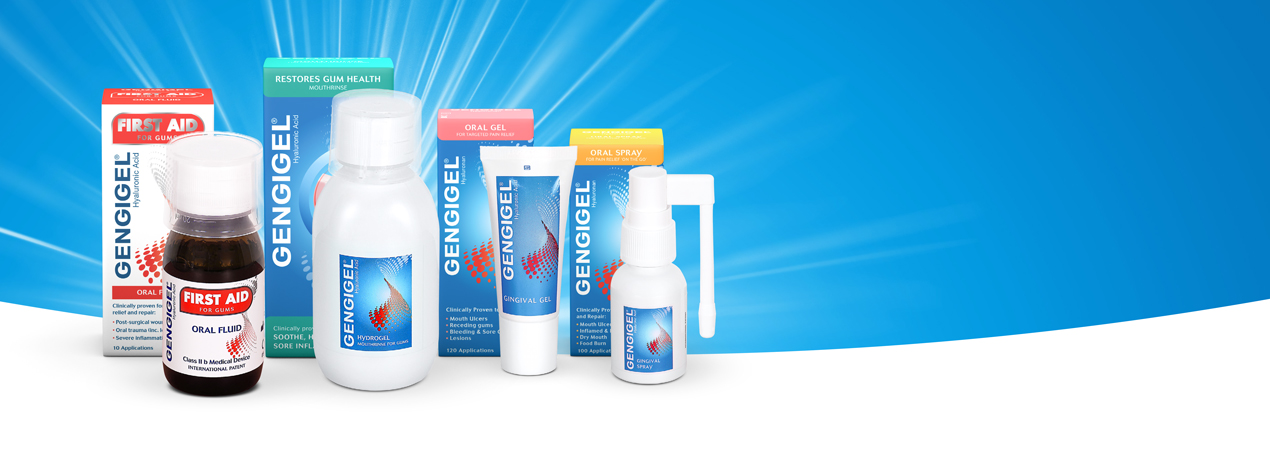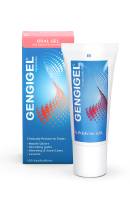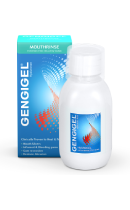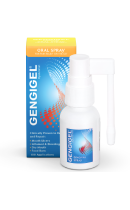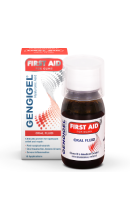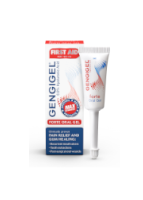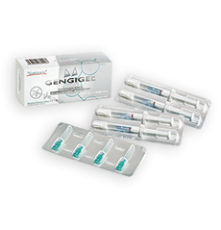Sore/Burning Mouth
What is burning mouth?
Burning Mouth Syndrome (BMS) is a recognised medical condition that can appear out of the blue and may not be associated with anything, such as a sudden allergy or hot food that has been eaten. It has been associated with nutritional deficiencies around iron, Vitamin B12, folic acid and glucose. Blood tests to check these levels will help towards a diagnosis.
What are the symptoms of a sore or burning mouth?
The symptoms of BMS can subside for long periods before flaring up with no warning. People with BMS need to manage their symptoms and lifestyle for many years.
Primarily the symptoms of BMS is a hot sensation or burning pain localised around the lips, tongue and sometimes widespread in the mouth. Some people may have sore mouths as a result of xerostomia (dry mouth) and ulcers, or infections which may lead to oral thrush (candida).
Other issues may include dryness, an unpleasant taste in the mouth (metallic) and feelings of numbness. This may result in increased thirst, loss of taste or altered taste which in turn can lead to weight loss and becoming fatigued and depressed.
Is there such a thing as secondary BMS?
There are certain medical conditions that can cause secondary BMS, therefore once the source has been established it can be treated and the symptoms should disappear. Some examples include allergies to dental products, certain foods, medicines that reduce blood pressure, acid reflux and oral infections. Radiation therapy or hormonal changes as a result of thyroid problems and being diabetic can also impact the sensation of a burning mouth.
Who gets sore mouths or BMS and what is the cause?
Burning Mouth Syndrome affects about 1% of the adult population and is more prevalent in woman especially around the time of menopause.
It also appears to be more common in people suffering from depression, stress or anxiety. Not knowing why your mouth is burning is likely to create more angst. Others likely to be affected are people experiencing issues with their immune system, or have damaged nerves that control taste or pain, and being diabetic. In some instances people may have a reaction to certain types of mouthrinses or toothpaste. In addition, ill-fitting dentures can cause a sore or burning mouth.
Is there anything that can relieve the symptoms?
As BMS is hard to nail down to one specific cause, trying to relax or meditate may reduce feelings of anxiety and in turn reduce the symptoms. Although the pain is evident, the mouth and lips don’t usually look any different, unless there is another infection such as oral thrush or dry lips. To provide instant relief for the pain, products containing natural ingredients such as Hyaluronan will make a difference. Hyaluronan is a naturally occurring component found in the body, especially in gums and helps the natural healing process.
Is BMS contagious?
The simple answer is no. There have been no reported incidents of the condition being passed on between people.
What else can I do to relieve the symptoms of sore mouth or BMS?
The Cochrane Summaries in 2012 found a lack of evidence to recommend pain killers, hormone treatments or anti-depressants for BMS. Although this has been said these still seem to be widely recommended.
However using products that contain Hyaluronan (which will reduce pain and inflammation) and sipping a cool drink or chewing sugarless gum may help.
Equally avoiding certain things may also reduce symptoms. Some suggestions include stopping smoking as well as avoiding any alcoholic drinks and mouthrinses which contain alcohol. In addition avoiding hot spicy foods and any foods that are high in acidity. For instance fruit juices and most fruits, tomatoes, cucumber, sugar, processed foods, peanuts, black tea and sugar.
So what makes a mouth sore other than BMS?
Some of the most common ailments that can cause the mouth or lips to feel painful includes ulcers, biting of the tongue or inside cheek, mouth sores and the Herpes simplex virus, which is responsible for cold sores.
Localized abnormalities or sores inside the mouth can arise from a number of causes. They may appear as ulcers or red or white patches in the mouth and may bleed if the ulceration is severe. Mouth sores such as aphthous ulcers (canker sores) tend to occur in people who are stressed, have an infection or going through changes in their immune system.
Certain medications i.e. methotrexate, can cause canker sores as well as deficiencies in some B vitamins (1, 2, 6, and 12), iron, folic acid and zinc.
Sores in the mouth can occur with certain systemic diseases such as Crohn’s disease, Behçet’s syndrome and Systemic Lupus Erythematosus (SLE). Burns, irritation, injury or any infection of any oral tissue can also lead to mouth sores, especially those people undergoing radiation treatment to the head and neck region.
To relieve sore and burning mouth
For sore and burning mouths the most appropriate Gengigel products to use are the Gengigel Mouthrinse for soothing the whole oral cavity applied throughout the day (and not just after brushing). The Gengigel Gel is useful to control oral discomfort and inflammation. Lastly, Gengigel First Aid is more concentrated and will control pain instantly without risk of further trauma
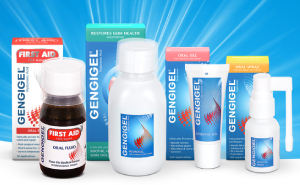 Buy Online
Buy Online

